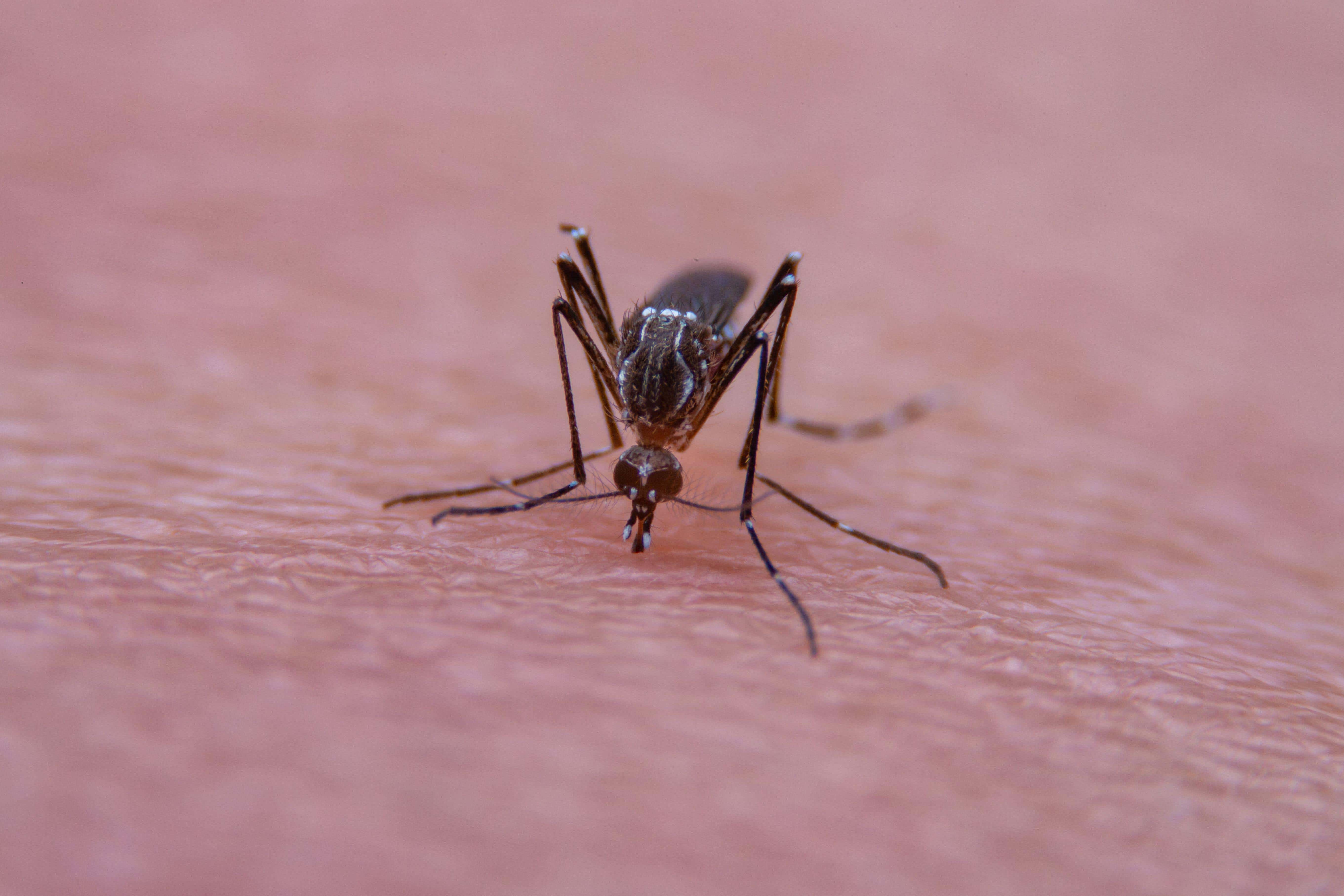Anyone travelling abroad this Christmas has been warned of malaria as cases among people who caught the disease abroad are at their highest level in almost 25 years.
The UK Health Security Agency (UKHSA) urged people travelling abroad for Christmas to take care following a rise in travel-related mosquito infections such as dengue and malaria, which can cause serious illness and death.
Some 2,106 cases of imported malaria were reported in the UK in 2023, a 26 per cent rise on the cases in 2022 (1,555).
The 2023 figure also represents the highest number of cases seen in the UK since 2001.
According to the UKHSA, the rise in cases is linked to the resurgence of malaria in many countries and an increase in overseas travel following the removal of Covid pandemic restrictions.
Some six people died in the UK in 2023 as a result of malaria, which is the same as the yearly average of six deaths between 2014 and 2023.
Figures for January to June this year also show there were 753 travel-acquired malaria cases reported in the UK.
What is malaria?
Malaria is a disease caused by parasites that are transmitted through the bites of infected female mosquitoes, the Save The Children charity states.
The NHS warns that without prompt treatment, a person suffering from malaria could develop severe and life-threatening complications, such as breathing problems and organ failure.
According to the WHO, most malaria cases and deaths occur in sub-Saharan Africa. However, it’s found in more than 100 countries around the world.
What are the symptoms?
The NHS states that early symptoms of malaria include a high temperature of 38C or above, headaches, vomiting, muscle pains, diarrhoea and feeling hot and shivery.
Symptoms typically appear between seven and 18 days after a person becomes infected.
However, in some cases symptoms may not appear for up to a year, or occasionally even longer.
Save The Children adds that children with severe malaria frequently develop symptoms of severe anaemia (e.g. fatique, dizziness, pale skin) or respiratory distress.

From January to June this year, there were 473 dengue cases reported in returning travellers across England, Wales and Northern Ireland, a “significant increase” from…
Click Here to Read the Full Original Article at The Independent Travel…
